Keywords: Staff
There are more than 200 results, only the first 200 are displayed here.
-

AUSTRALIA
- Andrew Hamilton
- 04 November 2021
13 Comments
In large organisations love hardly rates a mention. Mission statements highlight care, duty, responsibility and friendliness, but not love. Love is generally seen as an interrupter, combustible, something to fence in with protocols and professional standards, and for HR to monitor. When Pope Benedict XVI devoted an Encyclical to the place of love in public relationships, people were surprised. His argument is worth revisiting.
READ MORE 
-

AUSTRALIA
- Tim Dunlop
- 26 October 2021
2 Comments
We are in the midst of what is being called the ‘the Great Resignation’, with millions of workers rethinking the place of work in their lives, and WFH is a huge part of this. According to a report by Microsoft, ‘over 40 per cent of the global workforce [is] considering leaving their employer this year’ and hybrid work — a combination of home and office work — is here to stay.
READ MORE 
-
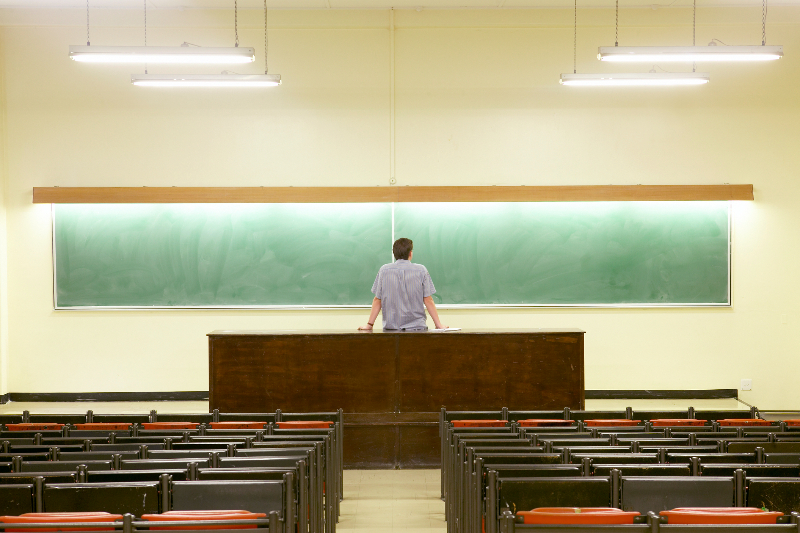
AUSTRALIA
- Frank Brennan
- 18 October 2021
11 Comments
The High Court decision has been confusing for many people because it both upheld Ridd’s right to intellectual freedom and the university’s entitlement to sack him for breaches during disciplinary proceedings which had followed upon two wrongly argued censures. Basically, Ridd won on the point of intellectual freedom but he lost on the other aspects of his behaviour which had nothing to do with the exercise of intellectual freedom.
READ MORE 
-
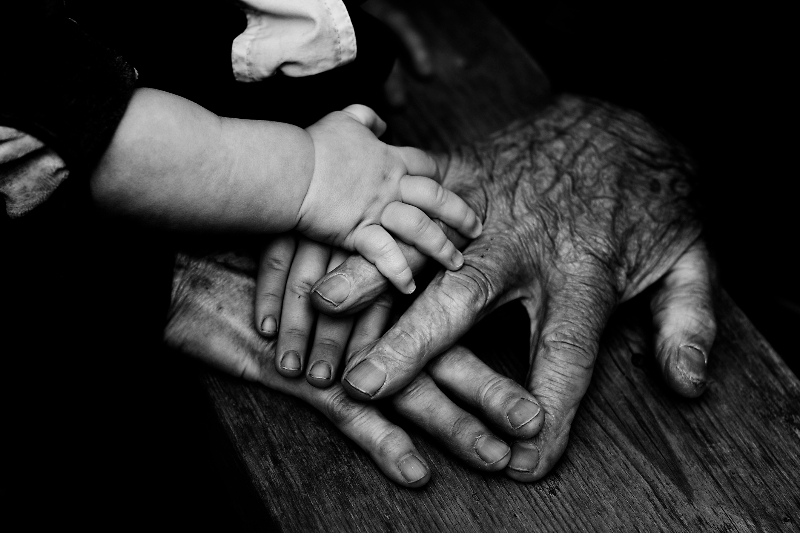
AUSTRALIA
- Andrew Hamilton
- 06 October 2021
40 Comments
Some weeks ago I wrote about the taking of human life and of the loss of its sacred connotations. I argued that the decisive consideration governing recent legislation in such issues as abortion and assisted dying has been the appeal to individual choice, supported by compassion for people who suffer from their denial. Whether we welcome this trend or regret it, as I do, we all have an interest in asking what effect it will have on society. In this article I would like to explore this question in a way that opens rather than closes conversation.
READ MORE 
-
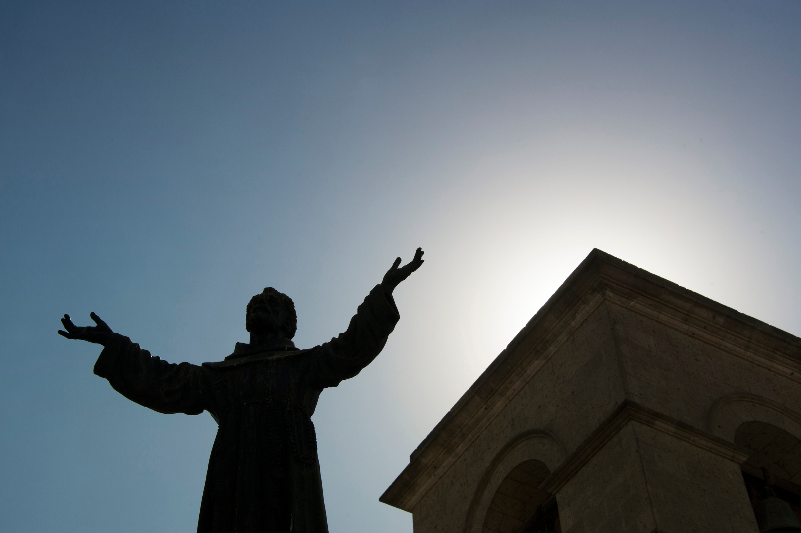
FAITH DOING JUSTICE
- Andrew Hamilton
- 29 September 2021
7 Comments
In the Catholic calendar the Feast of St Francis of Assisi falls on next Tuesday. Although he gave up on wealth, power and influence Francis probably had a bigger effect on his world than any of his contemporaries. He continues to attract people to challenge the values of our society and to spark renewal in Christian institutions at the risk of going stale.
READ MORE 
-
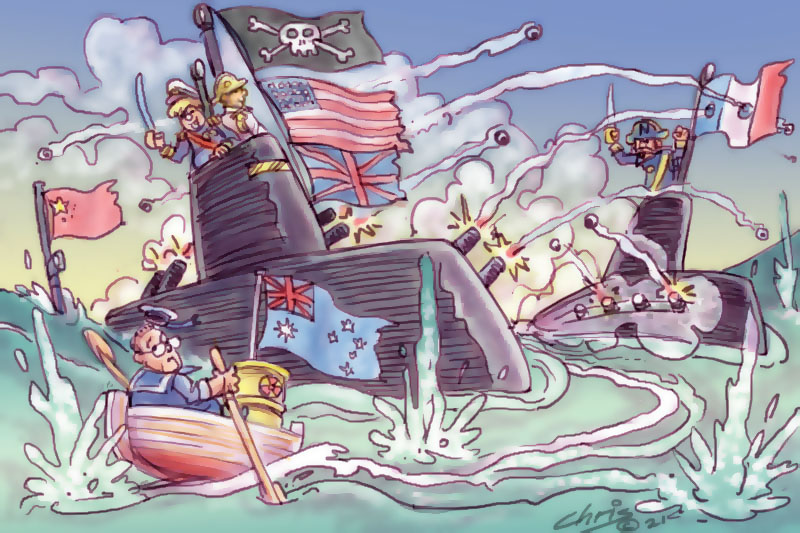
INTERNATIONAL
- Binoy Kampmark
- 20 September 2021
31 Comments
Defence is a costly business, and few branches of defence are more costly, and questionable, than a country’s submarine capability. Since 2009, Project SEA 1000, the name for Australia’s Future Submarine program, has fascinated strategists and defence planners. In 2016, this resulted in an agreement with the French submarine company DCNS (now called Naval Group) to build an un-designed attack class vessel. Other contenders in the competitive tender — Germany and Japan, for instance — had existing models.
READ MORE 
-
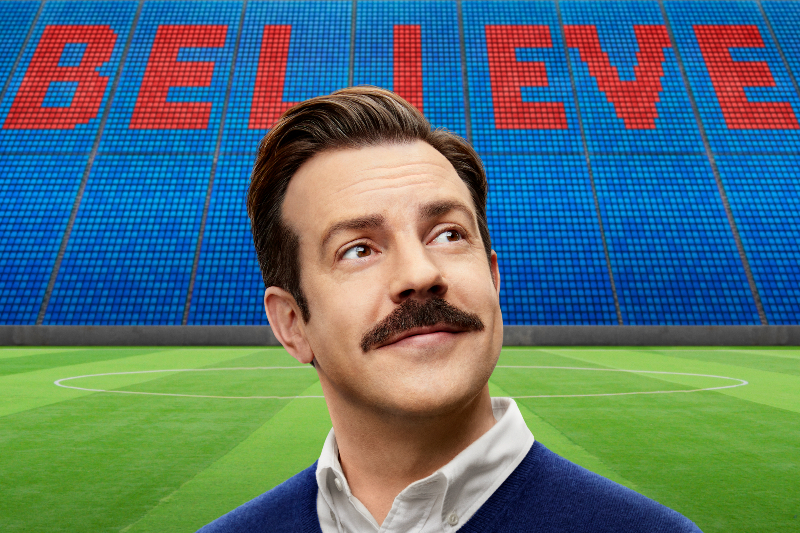
ARTS AND CULTURE
- Michael McGirr
- 20 September 2021
11 Comments
It’s not hard to understand why so many people are watching Ted Lasso (Apple TV), nor why it was nominated for twenty Emmy Awards and won seven. Believe it or not, it is twenty years since The Office first premiered on the BBC. Not since then has a comedy series cut so close to the bone of our cultural needs and anxieties.
READ MORE 
-
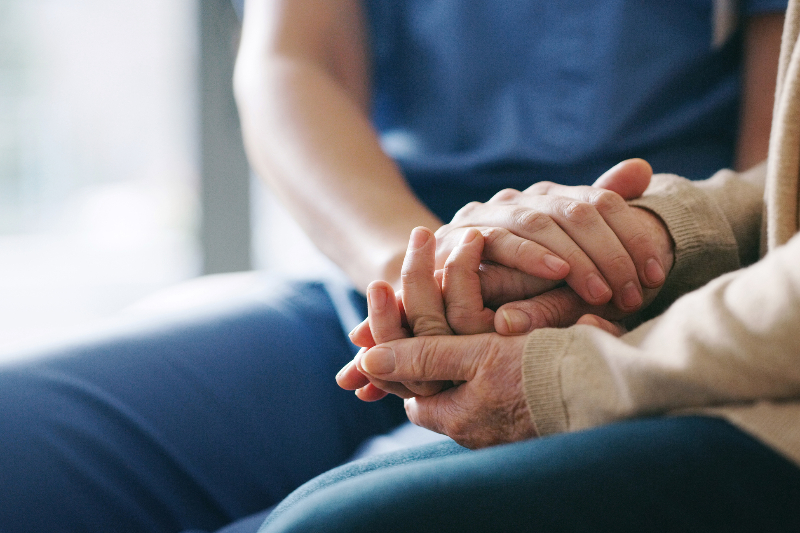
AUSTRALIA
- Frank Brennan
- 15 September 2021
22 Comments
The Queensland parliament, like the Victorian parliament four years ago, is committed to legislating for voluntary assisted dying. The bill being considered by the one-chamber Queensland parliament this week basically follows the contours of the Victorian legislation. But there are three major developments proposed that are very worrying in this new field of social experimentation.
READ MORE 
-

AUSTRALIA
- Andrew Hamilton
- 15 September 2021
7 Comments
A striking feature of the Australia’s path through Coronavirus has been the coming out of epidemiologists and social biologists. From being little known members of small institutes they became rock stars, invited to press conferences, deferred to by politicians, selectively chosen for comment by the media, but also resented by representatives of big business and defenders of individual freedom.
READ MORE 
-
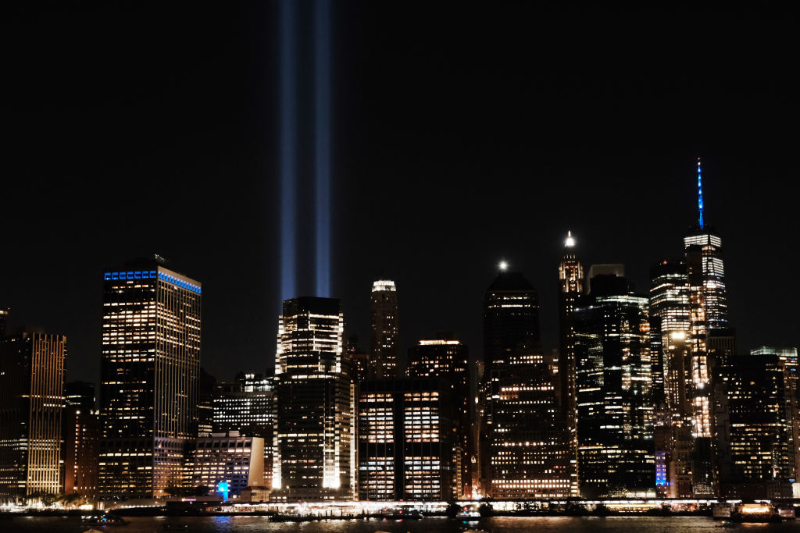
INTERNATIONAL
- Jim McDermott
- 14 September 2021
3 Comments
Giovanna Slon was just beginning her third year at Fordham University in the Bronx when a plane hit the World Trade Center on Tuesday, September 11, 2001. ‘At 8:47am, my R.A. bangs on my door and tells me “You have to get up. There’s something happening.”’
READ MORE 
-
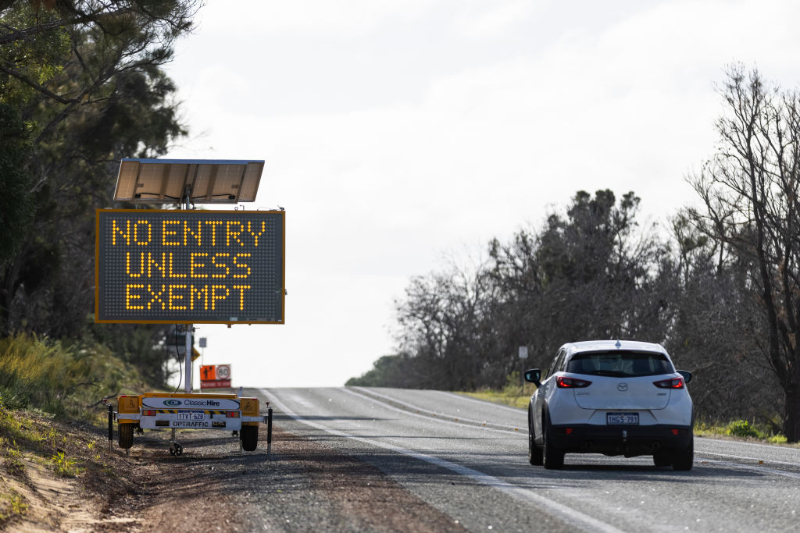
AUSTRALIA
- Frank Brennan
- 09 September 2021
5 Comments
Clive Palmer is one Australian wanting to smash border restrictions during this time of pandemic. He is threatening to go back to the High Court seeking recognition of his right as an Australian citizen to travel freely between the States. In particular he claims the right to enter Western Australia where he has significant mining interests.
READ MORE 
-
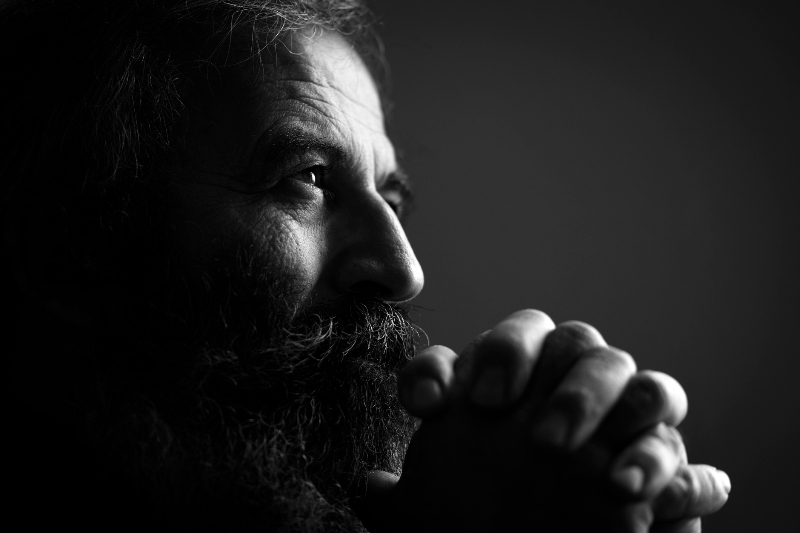
AUSTRALIA
- Barry Gittins
- 09 September 2021
1 Comment
What does it take to lose hope? For the 4,000 people who attended the anti-lockdown protests in Melbourne last month, an odd coalition of the frustrated, the scared, the angry and the hurt, it takes 18 months of pain and the ensuing changes in employment status, isolation from family and friends, and losses in lifestyle and individual liberties.
READ MORE 